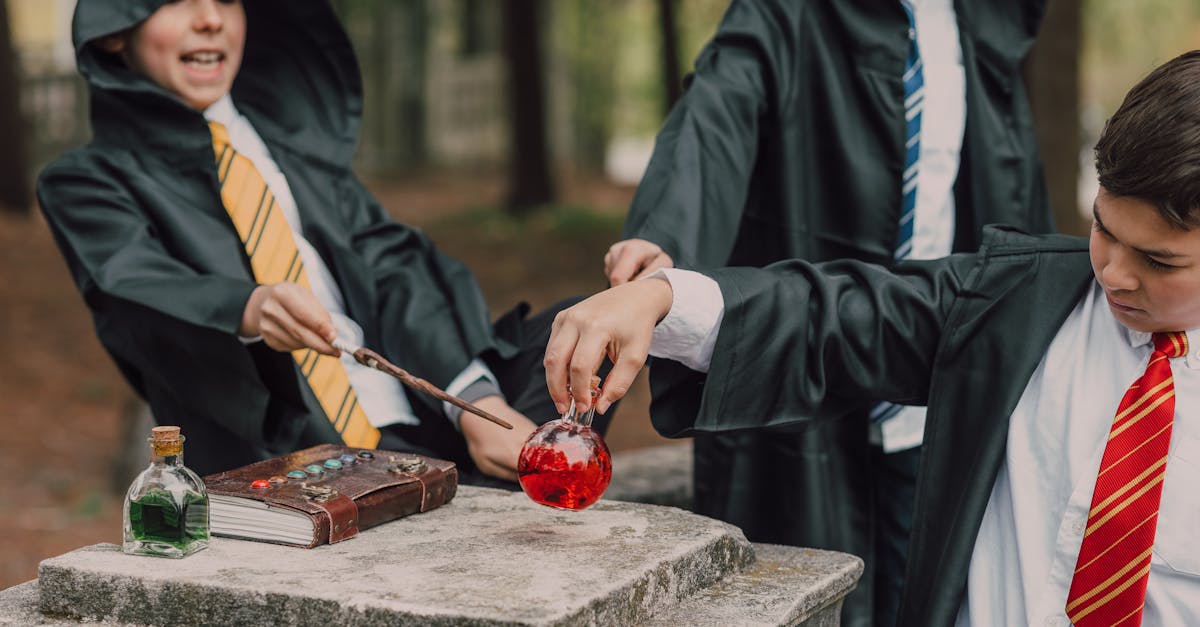Why Pre-Schoolers Struggle with Forgiveness
It’s no secret that pre-schoolers often struggle with forgiving friends. Their emotional rollercoaster can take them from being best pals to mortal enemies in a flash. But why exactly do they face this hurdle? The answer is simple: emotional development.
Pre-schoolers are still learning to navigate feelings like anger, sadness, and betrayal. Just the other day, my little one called his buddy a “meanie” because he took the last cookie. While cute, it highlights a lack of understanding.
Preschoolers need guidance on sorting through these feelings. Time to lace up your parenting shoes! Through gentle conversations, we can teach them to recognize these emotions and the importance of letting go. It’s about turning that ‘meanie’ into a giggle fit the next day.

The Magic of Storytime in Teaching Forgiveness
Storytime is more than a cozy part of the bedtime routine. It is a golden opportunity to delve into the world of empathy and forgiveness. Choose stories where characters overcome conflicts by making amends. These tale heroes turn lit fires of quarrel into magical moments of hugging it out.
These stories become more than just tales; they’re lessons in disguise. Personally, I’ve often found myself tearfully recounting tales and realizing the book’s lesson was not just for my kid, but for me too.
Engagement Techniques
Remember to pause and ask open questions that encourage critical thinking and reflection:
- “What would you do if you were in Bunny’s shoes?”
This practice opens doors to deeper understanding and discussions. Little do they know, these stories plant the seeds of forgiveness.

Simple Activities to Foster Forgiveness
Activities that make forgiveness feel like a game can often help preschoolers immensely. It’s all about making serious topics fun!
Engaging Activities
Try activities like ‘Forgive and Restore’, where kids help put puzzle pieces back together as they talk about forgiving someone. I often turn disagreements over toy cars into a race towards mending friendships, encouraging making up by the time one car reaches the finish line.
By associating forgiveness with fun, children may feel less pressure and more willingness to work through their emotions. Here are some more ideas:
- Building Bridges: Use blocks to build bridges while resolving a conflict. This not only strengthens little muscles but young minds too.
- Problem-Solving Practice: These activities offer valuable practice for problem-solving and foster a sense of responsibility toward others’ feelings.

Creating a playful environment around forgiveness can make a significant difference in helping young children understand and embrace this important life skill.
Role-Playing Scenarios to Encourage Empathy
Role-playing transforms real-life scenarios into fun, guided experiences for pre-schoolers. Imagine setting the stage for a small play where your child acts out a scene of two friends reconciling. By seeing it unfold in ‘play’, children better grasp empathy and the meaning of making amends.
My living room has often become a bustling theater of plush toys taking turns saying sorry and hugging it out. These role-plays can be short and sweet with a practical lesson in the end. As you guide, you can subtly highlight what forgiveness looks like.
This imaginative exercise teaches kids that even superheroes say sorry and encourages them to step into others’ shoes.

Open Conversations: Building Emotional Vocabulary
Having open conversations forms the crux of teaching children how to forgive and reconcile. It’s important to foster a space where feelings can safely be expressed without judgment. Offering phrases like “I understand that you’re upset,” can be a springboard for dialogue.
Once, I found my child screaming over a tiny misunderstanding with a friend. Through calming words and asking what they felt, we pieced together what went wrong. Encouraging this emotional vocabulary helps them articulate feelings better.
Though just children, understanding emotions early creates well-rounded adults. Like planting words of forgiveness today that bloom into empathy tomorrow.

Celebrate Small Wins in Forgiveness
When kids succeed in forgiving and making peace, however small, celebrate it. Celebrating doesn’t mean throwing a grand party but rather acknowledging their effort. Indeed, my preschooler may have a collection of star stickers because each one symbolizes a moment chosen for kindness over grudge. These tokens encourage them to continue cooperating and forgiving.
As parents, we can devise small ceremonial gestures to mark such victories. Here are some ideas for celebrating these important moments:
- A cheerful song
- A group hug
- High-fives or fist bumps
- A small treat or snack
These celebrations fortify the lessons learned. This recognition allows kids to understand their emotions, resolve conflicts, and appreciate friendships. Plus, who doesn’t enjoy a little cheering parade in the living room?

The Ripple Effect: How Learning Forgiveness Early Benefits Everyone
Teaching forgiveness early isn’t just beneficial for children; it radiates positivity. When a child learns to forgive, it doesn’t only mend friendships but prepares them for future relations. Imagine a world where empathy is everyone’s first language!
My child once told his friend, “Let’s make a tunnel for the train together,” rather than squat on their grudge. Such instances remind us that kids learn best from what we lead by example.
Cultivating an Environment of Forgiveness
Let’s cultivate an environment influencing them to practice forgiveness. What starts in the sandbox extends to the world, creating empathetic, understanding adults who preserve the value of friendships.

By instilling the value of forgiveness early on, we can create a ripple effect that positively impacts their relationships for years to come.
